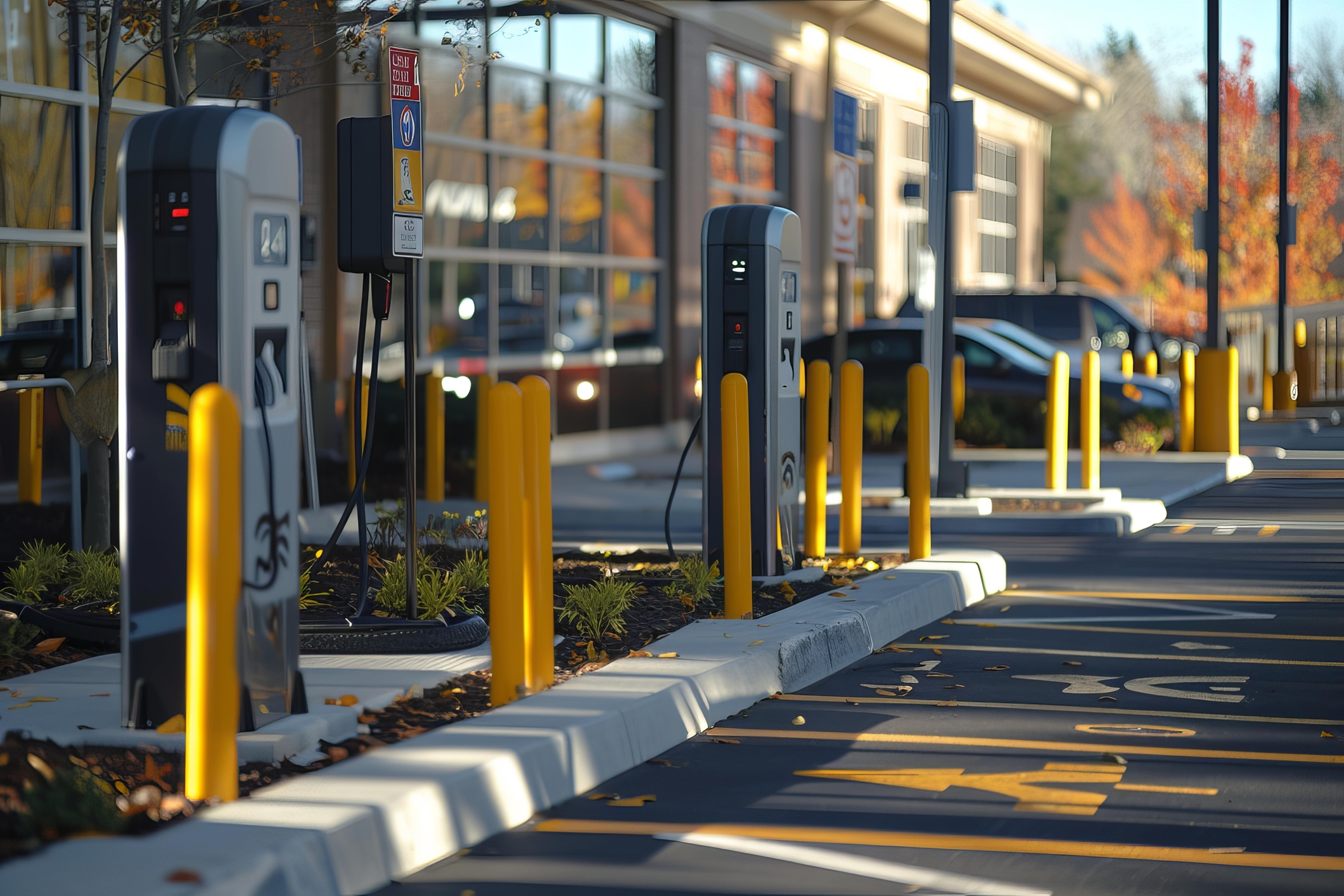TRENTON, NJ – New Jersey Governor Phil Murphy’s Clear Cars II gasoline car ban is failing to meet expectations as EV sales remain sluggish. By January 1, 2025, Murphy projected 330,000 electric vehicles would be on New Jersey’s roadways, as the clock begins ticking on a 2035 ban on gasoline-powered car starts ticking.
Instead, only 207,868 electric vehicles were registered in New Jersey, well below the governor’s projections.
Now, he is throwing more money in the pot to up the ante.
The New Jersey Economic Development Authority (NJEDA) Board has approved two programs to accelerate the adoption of zero-emission medium and heavy-duty vehicles across the state. The initiatives—Phase III of the New Jersey Zero Emission Incentive Program (NJ ZIP) and the new New Jersey Zero Emission Vehicle Financing Program (NJ ZEV)—aim to reduce emissions while supporting business owners in modernizing their fleets.
“I am thrilled to see our state is moving closer to zero emission roadways with the approval of NJ ZIP and NJ ZEV,” said Governor Phil Murphy, highlighting New Jersey’s milestone of surpassing 200,000 electric vehicle registrations.
The NJEDA Board approved $75 million for Phase III of NJ ZIP, which will provide vouchers to businesses and institutions to help cover the cost of purchasing zero-emission vehicles. Voucher amounts will range from $15,000 for Class 2b vehicles to $175,000 for Class 8 vehicles. At least 50 percent of the funds will be reserved for small businesses in Overburdened Communities. Since its launch in 2021, NJ ZIP has awarded $54 million in vouchers, supporting 422 new zero-emission vehicles.
The Board also approved the NJ ZEV Financing Program, a $25 million loan initiative designed to help businesses finance medium and heavy-duty electric vehicles. The program will offer low-interest loans between $50,000 and $500,000, complementing NJ ZIP by covering vehicle costs not met by vouchers or other funding sources.
Both programs are funded through the Regional Greenhouse Gas Initiative (RGGI), aligning with New Jersey’s broader clean energy strategy. The announcement follows the Murphy Administration’s recent $35 million investment in local government electrification projects.
“These newly launched programs further complement work underway by DEP to increase the number of electric vehicle charging stations, electric school buses, electric garbage trucks, and other EVs,” said Environmental Protection Commissioner Shawn M. LaTourette.

